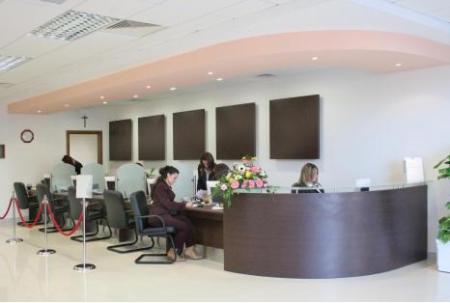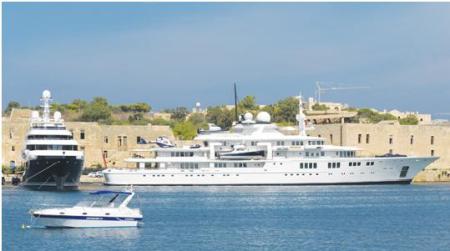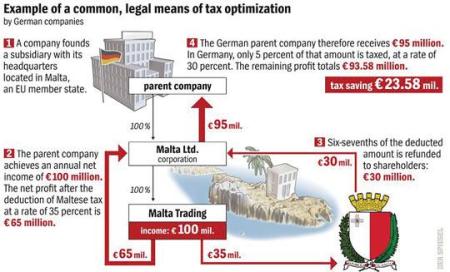
77 Great Estates enjoys close relationships with the Malta Financial Services Authority (MFSA).
MFSA was established by law on 23 July 2002. It is a fully autonomous public institution and reports to Parliament on an annual basis. The MFSA has taken over supervisory functions previously carried out by the Central Bank of Malta, the Malta Stock Exchange and the Malta Financial Services Centre and is the single regulator for financial services. The sector incorporates all financial activity including banking, investment and insurance. The MFSA also manages the Registry of Companies and has also taken over responsibility as the Listing Authority.
The organisational structure of the MFSA ensures that the regulatory and operational functions of the Authority are exercised within strict legal demarcations. The Board of Governors, presided by the Chairman, sets out policy and general direction and is assisted by the Legal and International Affairs Unit. The Director of this Unit is also the Secretary to the Board of Governors. The Supervisory Council, headed by the Director General, is exclusively responsible for issuing licenses and regulation and is composed of the Directors responsible for Banking, Securities, Pensions, Insurance, Company Compliance, Corporate and Trustee Services. Operations are the responsibility of the Board of Management and Resources composed of the Directors responsible for Business Development, Human Resources, Information Technology and Administration led by the Chief Operations Officer. Co-ordination between these two organs is ensured at Co-ordination Committee level.
Over the past decade, Malta has moved from being an offshore to an onshore jurisdiction. It has completed a programme of reforming all its finance sector legislation in line with international best practice and was one of the first 6 countries in the world to reach an advanced accord on fiscal matters with the Organisation for Economic Co-operation and Development (OECD). As a result of this agreement Malta is NOT considered as a tax haven. It is actively involved with the OECD, the EU and the Commonwealth in modelling global regulatory policy.
Malta’s finance industry has benefited significantly from the country’s national policy of moving to the mainstream. Financial services is the fastest growing sector of the Maltese economy and one of the most important employers of trained professional staff.
Creating the MFSA as a single regulator was a structured part of Malta’s long term strategy to create a mainstream finance centre in the country. Malta is a jurisdiction that follows and helps develop international best practice.
Finance companies have benefited from a reduction in bureaucracy, streamlined procedures, lower fees and compliance costs and a more consistent implementation of standards.
The MFSA is also responsible for consumer education and consumer protection in the financial services sector. This function is vested in the Consumer Complaints Manager.
The MFSA has a staff of over 130 people, consisting of specialist regulators, lawyers, accountants and support staff that are involved in communications and organisational administration.
The consumer therefore has one single point of decision making and policy creation. More importantly, the founding of the MFSA means that Malta now has one skilled, experienced and powerful body seeking to protect consumers whilst encouraging fair and open competition in the financial services sector.
The International Tax Unit of the Inland Revenue Department and the Companies Registry are also housed at the MFSA’s offices and have the task of ensuring that all taxation and company registration matters relating to international activity are dealt with swiftly and effectively. The International Tax Unit is also responsible for issuing advance revenue rulings which give certainty to the tax treatment of all international undertakings.
For further information, kindly contact 77 Great Estates on (00356) 2125 2455; (00356) 9944 7444; skype: info.77GreatEstates or info@77GreatEstates.com.

